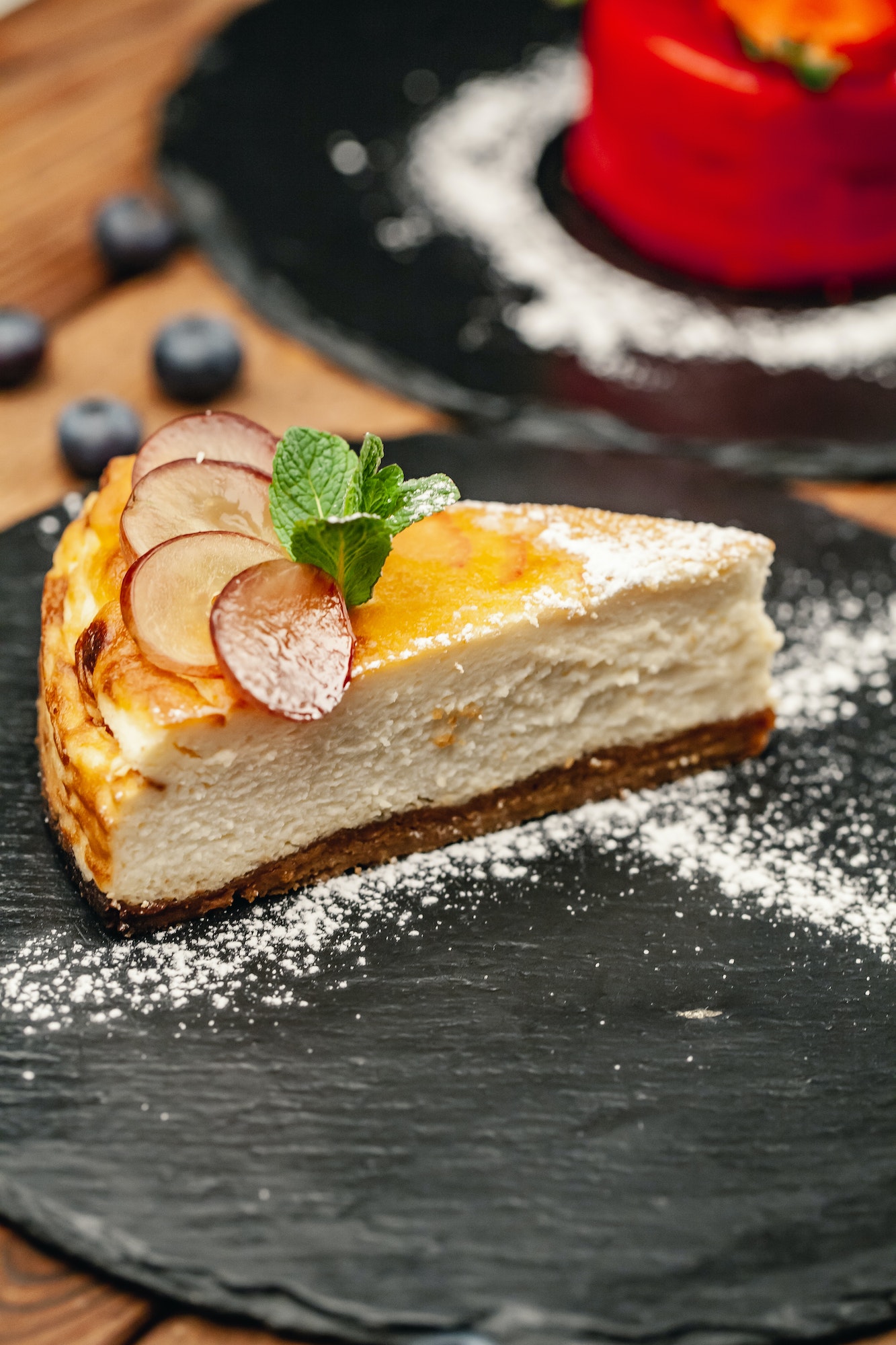Auguste Escoffier, often referred to as the “king of chefs and chef of kings,” is a legend in the world of gourmet cuisine. Born in France in 1846, he is considered one of the most influential figures in the development of modern haute cuisine. Escoffier’s innovative techniques and culinary mastery have left an indelible mark on the world of gourmet cuisine, shaping it into what we know today.
Escoffier began his culinary journey at the age of 13, working as an apprentice in his uncle’s restaurant. His talent was quickly recognized, and he went on to work in some of the finest kitchens in France. In 1890, he partnered with hotelier César Ritz to open the luxurious Savoy Hotel in London. This partnership marked the beginning of a new era for both men, as they revolutionized hotel dining by elevating it to an art form.
Escoffier’s influence on modern haute cuisine can be seen in many aspects of today’s gourmet dining experience. One of his most significant contributions is the development of the “brigade de cuisine” system. This organizational structure divides a kitchen into specialized sections, each responsible for a particular aspect of food preparation. This system is still widely used today in high-end restaurants and hotels around the world.
Another major innovation introduced by Escoffier was his emphasis on seasonality and fresh ingredients. He believed that dishes should be prepared using only the finest ingredients available at their peak freshness. This approach has become a cornerstone of modern haute cuisine, with chefs sourcing local and seasonal produce to create innovative dishes that showcase the natural flavors of each ingredient.
Escoffier was also a master at creating elegant and visually stunning presentations. He understood that a dish’s appearance was just as important as its taste, and he used color, texture, and garnishes to create plates that were as beautiful as they were delicious. Today’s gourmet chefs continue to prioritize presentation, using modern techniques and tools to create visually stunning dishes that delight the senses.
In addition to his culinary innovations, Escoffier was also a prolific writer who authored several influential cookbooks. His most famous work, “Le Guide Culinaire,” is still regarded as one of the most important culinary texts ever written. This comprehensive guide to French cuisine laid the foundation for modern haute cuisine and has been a valuable resource for generations of chefs worldwide.
Escoffier’s influence can also be seen in the work of other early pioneers of gourmet cuisine. For example, Fernand Point, a French chef and restaurateur, was heavily influenced by Escoffier’s techniques and philosophies. Point’s restaurant, La Pyramide, became one of the most renowned establishments in France during the mid-20th century. His protégés, such as Paul Bocuse and Alain Chapel, went on to become some of the most celebrated chefs in the world, further spreading Escoffier’s influence on modern haute cuisine.
Another notable pioneer was Marie-Antoine Carême, a French chef who predates Escoffier but whose impact on gourmet cuisine is still felt today. Carême is often credited with creating the concept of haute cuisine itself and was known for his elaborate presentations and intricate pastry creations. His innovative techniques and artistic flair laid the groundwork for future generations of chefs, including Escoffier.
In conclusion, Auguste Escoffier’s contributions to modern haute cuisine cannot be overstated. His innovative techniques, attention to detail, and emphasis on fresh ingredients have shaped the way we approach gourmet dining today. As we continue to explore new culinary frontiers, it is essential to remember the early pioneers like Escoffier who paved the way for our current gastronomic experiences.

